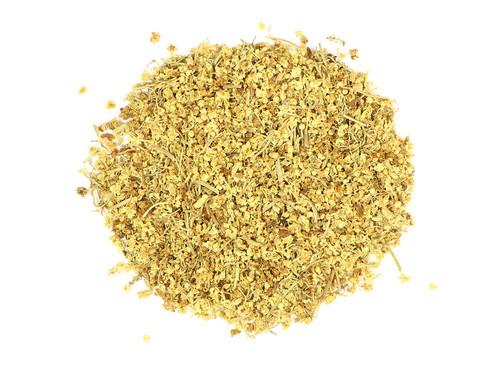Sambucus nigra and Sambucus ebulus, commonly known as elder, are perennial shrubs native to Europe, North America, and southwest Asia, often found along hedgerows, forest edges, and in gardens as ornamentals. Now classified in the Viburnaceae family (previously Caprifoliaceae and Adoxaceae), elder has a rich history in traditional European medicine and culinary practices. Its flowers and berries have been used for centuries in ales, cordials, preserves, and wines, with the dried berries less bitter than fresh. Note that elder branches and leaves are poisonous, but the small stems on berries are safe. Both species are valued for their healthful properties, particularly in supporting wellness.
- Sambucus nigra: This species is more commonly cultivated and used in herbal and culinary applications, known for its robust flowers and berries.
- Sambucus ebulus: Known as dwarf elder, it is less common but used similarly, with slightly smaller flowers and berries, and often found in wild settings.
- Flowers (S. nigra & S. ebulus): The fragrant, white flower clusters are a pure diaphoretic, commonly infused as elder flower tea or included in herbal blends. Historically used in ales, cordials, vinegars, and cosmetics, they promote sweating to support immune function and are valued for their delicate flavor in beverages.
- Berries (S. nigra): Raw berries require proper processing (e.g., cooking) before consumption and are prepared as teas, tinctures, syrups, wines, or cordials, often with propolis or echinacea. They support immune health and are used in preserves and to flavor wines, offering a sweet-tart taste.
- Berry Powder (S. nigra): Ground from raw berries, this powder must be processed (e.g., cooked with honey for syrup) before use. It is added to tinctures, infusions, vinegars, or syrups, supporting immune health with the convenience of a powdered form for consistent dosing or blending.
Precautions
The raw fruit contains a component sambunigrin which may cause vomiting and severe diarrhea if ingested.
We recommend that you consult with a qualified healthcare practitioner before using herbal products, particularly if you are pregnant, nursing, or on any medications.
This information has not been evaluated by the Food and Drug Administration. This product is not intended to diagnose, treat, cure, or prevent any disease. For educational purposes only.










